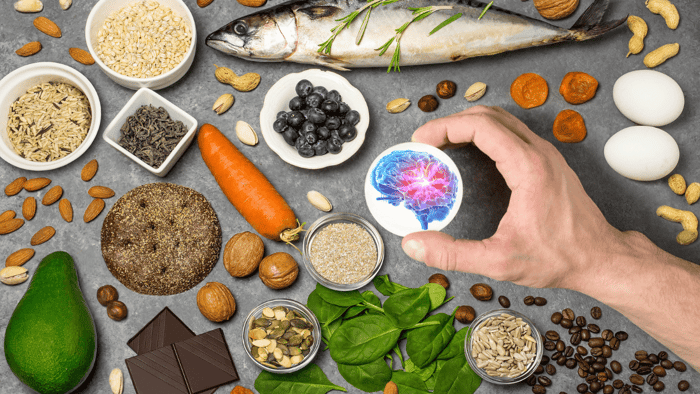At a Glance
|
Various factors have been identified as common migraine triggers and, in most cases, they can be linked to reduced brain energy metabolism and oxidative stress, as well as specific nutritional deficiencies.
- Stress: Physical or psychological stress increases free radicals, which in turn impair energy production
- Fasting or skipping meals: Leading to hypoglycemia (low blood glucose) or energy deficiency in the brain
- Changes in sleep: leading to disbalances in hormone and energy production
- Female hormonal changes: Since estrogen is protective against oxidative stress, falling levels prior to menstruation may increase the risk of migraine
- Changes in weather (temperature, high and low pressure): Less oxygen in the air limits the production of energy since mitochondrial functioning is impaired and oxidative stress is increased. On the other hand, extreme hot or cold conditions stress the entire body, which means extra energy is needed to maintain a constant body temperature
- Exercise: Especially of long duration or higher intensity, as it increases oxidative stress
- Alcohol: Since it increases oxidative stress and indirectly limits gluconeogenesis, i.e. glucose production, and general energy production in the liver
- Strong scents: The often-toxic chemicals included in strong scents (e.g. perfumes and cigarette smoke) increase oxidative stress and impair mitochondrial functioning
- Intense light: Bright and blue light increase oxidative stress in the retina and other tissues
- Loud noises: Increases oxidative stress
- High sugar or carbohydrate consumption: Increases oxidative stress and causes a subsequent glucose drop
Dietary management, including providing your brain with the proper nutrients, can also help to manage migraines.
[Disclaimer: This content is not intended to be a substitute for professional medical advice, diagnosis, or treatment, and does not constitute medical or other professional advice.]




